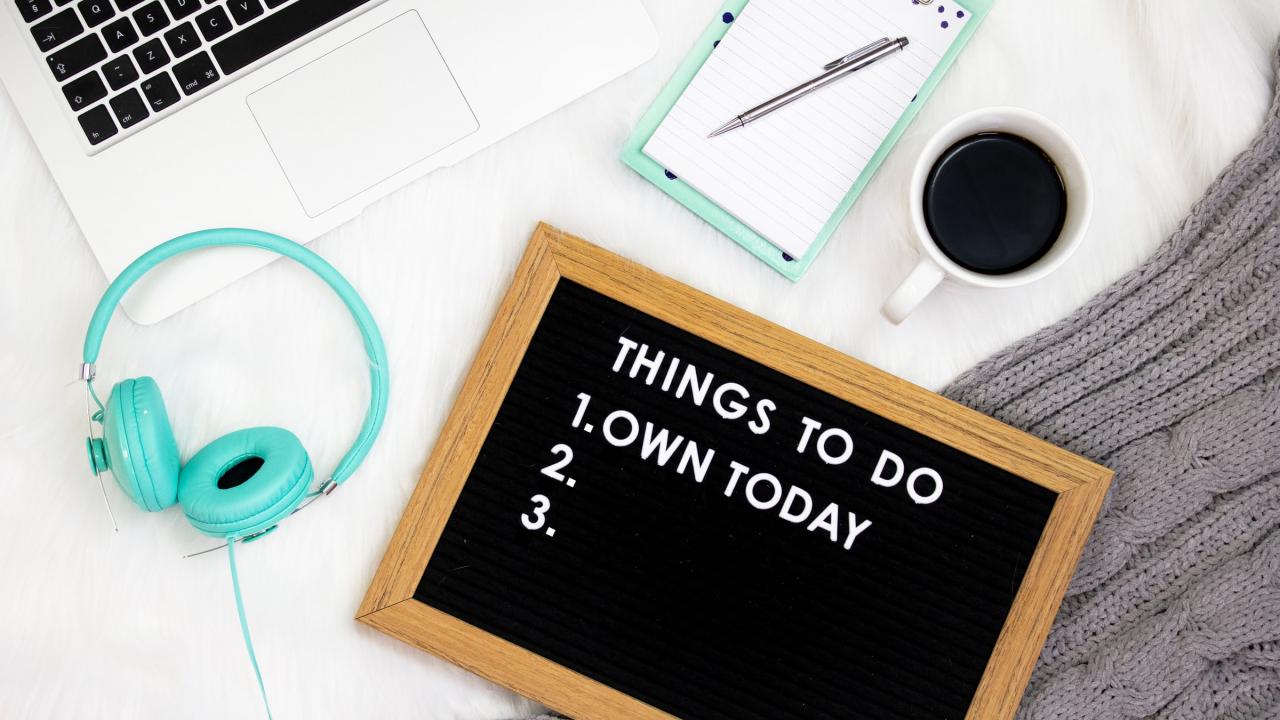Entrepreneurs feel better - largely due to the autonomy in working

Before there are established routines and procedures in a company, it is in a special phase of its development. This fascinates Joakim Wincent, whose research focus is on business management issues with an emphasis on entrepreneurship and innovation.
- In a new company, it takes a few years for routines to be established. But even existing companies have the same issues when they start developing new business areas, as there are no routines there either, so I am also interested in these types of questions. It's the uncertainty and lack of routines, the experimental element among business executives that I find exciting, says Wincent, a professor of entrepreneurship and management.
Earlier this year, Financial Times Opens in new window selected one of Wincent's research articles to its list of research that has an impact on society. The article Entrepreneurship and well-being: the role of psychological autonomy, competence and relatedness is about entrepreneurs feeling good, although the debate about entrepreneurs is often about having a high workload and a lot of uncertainty.
- We have used a positive approach, because in fact, many people choose to be entrepreneurs. Are they unhappy because they are entrepreneurs, even though the conditions may not be the best? We came to the conclusion that they actually feel better than others who are not involved in entrepreneurial work.
In the article that landed on FT's list, Wincent and the other authors of the article focused both on new entrepreneurs and on people who are engaged in entrepreneurship in existing companies. They have compared them to people who have more routine jobs in existing companies.
- We have used a world-famous psychological theory called self-determination, which states that a person needs certain vitamins from a psychological perspective in order to feel good. It can factors like feeling that you are competent, that you are in a context, and that you have healthy relationships - but also autonomy, that you can decide for yourself.
- We found that entrepreneurs actually feel better, they have a higher psychological well-being in terms of feeling strong, happy, and so on. That is largely due to the autonomy. They can make their own decisions at work, which enables them to develop skills better, and in fact - even though many think that entrepreneurs are lone wolves - it is not so, but their tasks leads them to succeed in developing meaningful relationships that are more authentic according to them.
The corona crisis has had a very big impact on entrepreneurs in different parts of the world, and although many entrepreneurs are used to uncertainty, it is clearly no pleasant situation when the demand suddenly disappears, says Wincent.
- You get in situations where your life's work almost disappears. Believe it or not - but entrepreneurs have the same psychological ties to their companies when they have run them for a while, as to their children, so it is clear that they are in a challenging situation.
Wincent gives entrepreneurs in similar situations the advice to make sure they have funding so they will manage, wait for the demand to come back and do something meaningful in the meantime, and to scale down so that they don't get hit that badly. Wincent and his research colleagues followed already in an early stage how entrepreneurs reacted in China when the country was affected by the corona crisis.
- Chinese companies did a lot of "pro social work", they are adjusting and trying to solve the crisis by manufacturing, for example, hospital equipment and so on. There are opportunities in this situation also, to help in society.
In his job as a researcher, Joakim Wincent is inspired by there being always new problems to solve.
- You never become fully educated and there are always new problems that are difficult to solve, so I think it is a lot about solving the puzzles. After all, there will never be any routine in solving the problems - there will always be new challenges - and that is what is addictive in this profession.
Photo: Unsplash / Emma Matthews
Photo: Unsplash / Christopher Beddies (front page)

